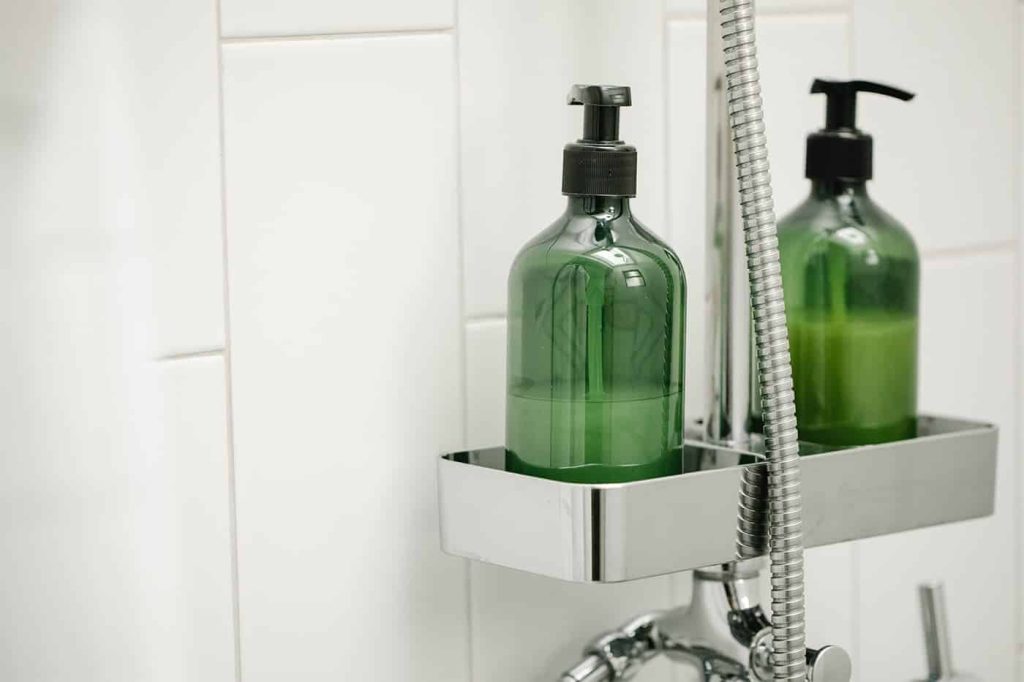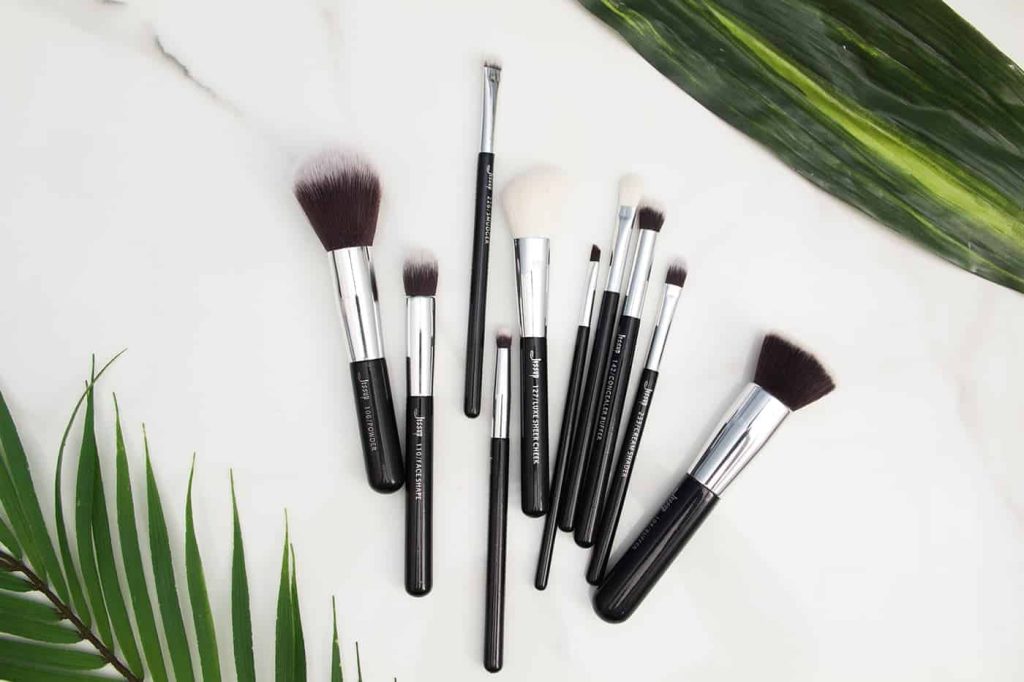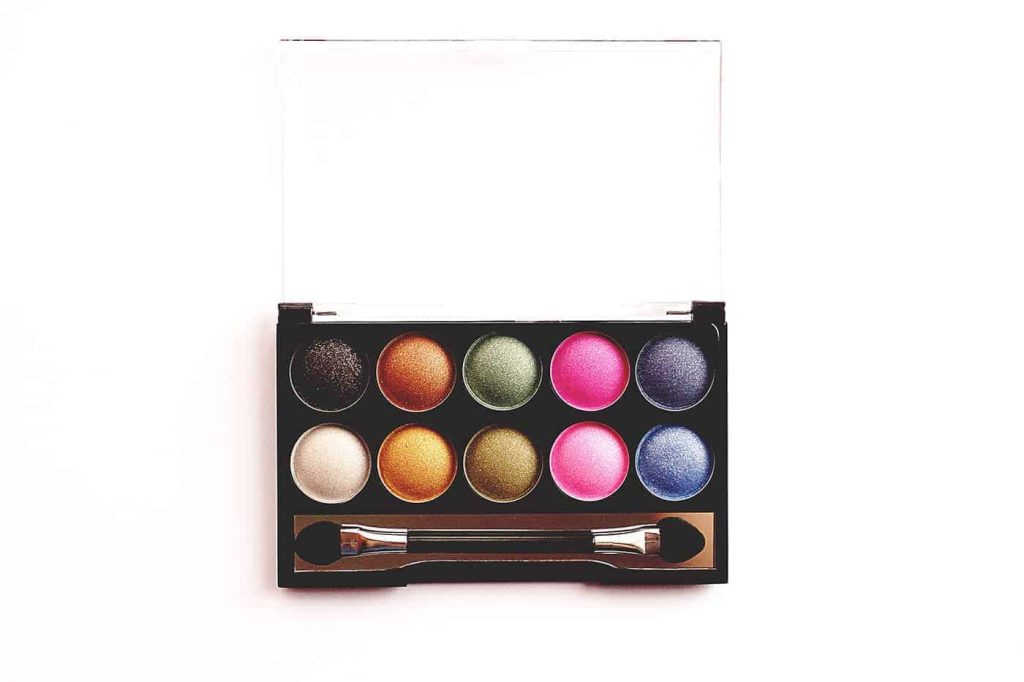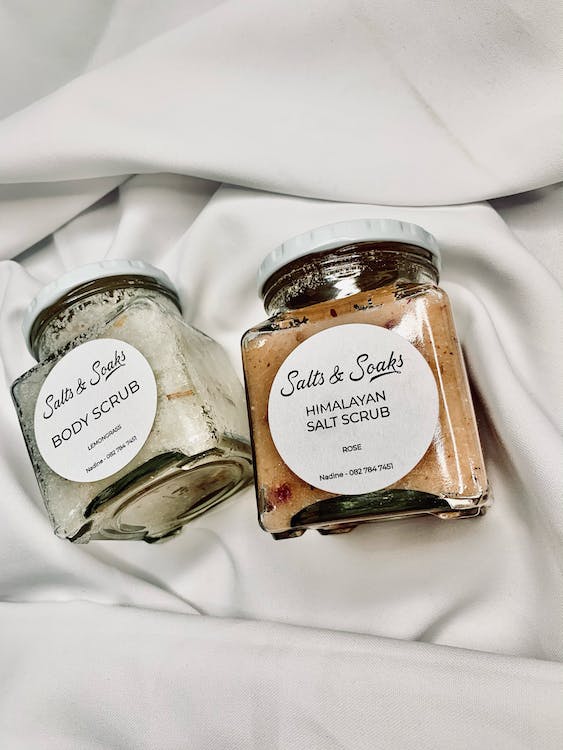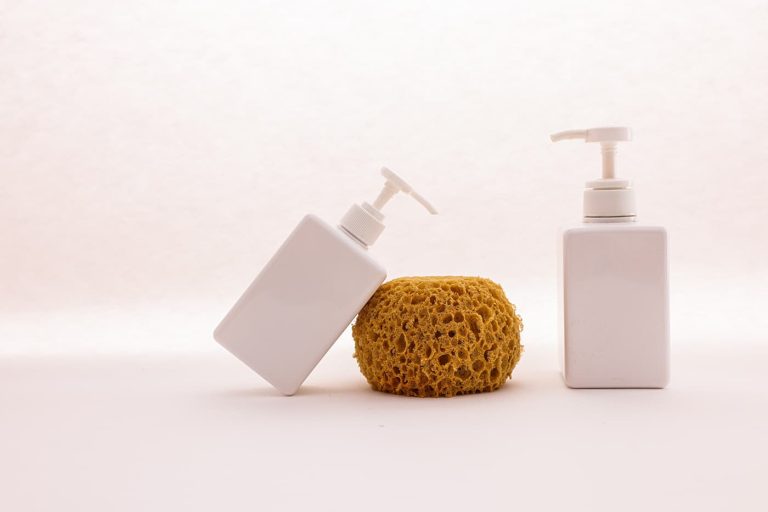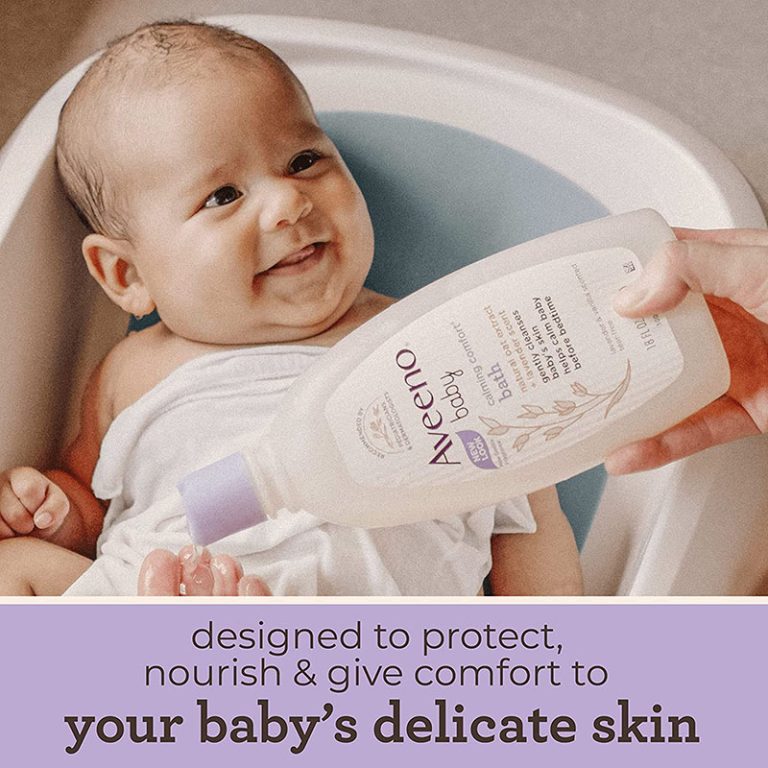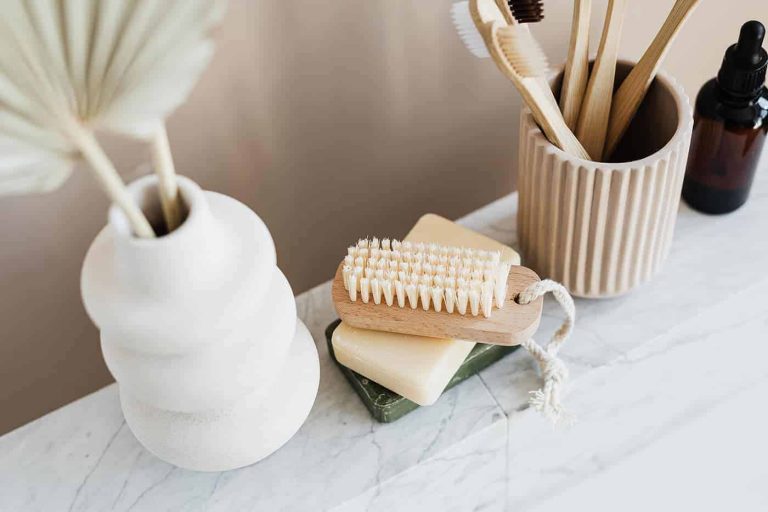Introduction:
Introduction: Facial cleansers play a vital role in skincare routines as the first step towards achieving healthy skin. Both men and women are increasingly conscious of the products they use on their faces, making it crucial for businesses in the skincare industry to meet these demands. To succeed and expand market share, partnering with a reliable OEM manufacturer is essential. In this article, we will explore the significance of facial cleansers, delve into the world of OEM/private label options, and provide insights into finding the right manufacturer to elevate your skincare business.
Understanding Facial Cleansers:
Facial cleansers are specifically formulated to cleanse and purify the skin by removing makeup, oil, dead skin cells, dirt, and pollutants. They effectively clear the pores, prevent acne, and maintain a healthy pH balance. Unlike regular soap, which can be harsh and damaging, facial cleansers have gentle formulations tailored for facial use.
The Benefits of Facial Cleansers:
Facial cleansers offer four key benefits for the skin:
- Acne prevention
- Removal of dead skin cells, dirt, and buildup
- pH management
- Promotion of water retention
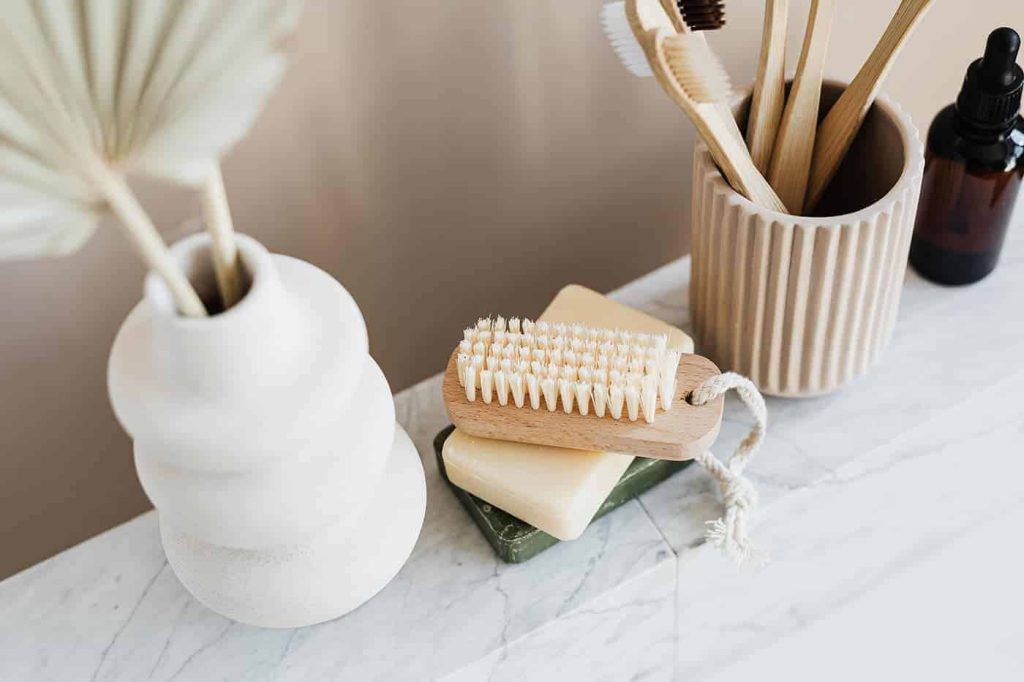
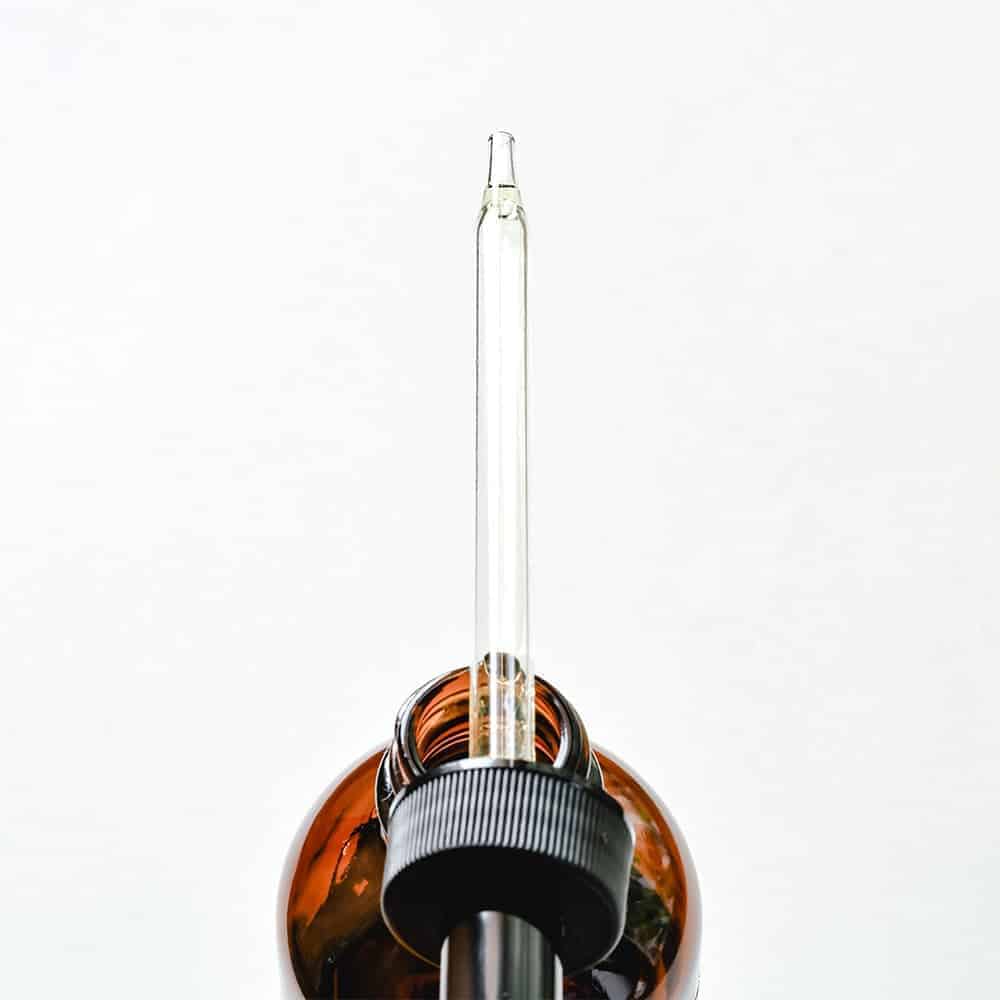
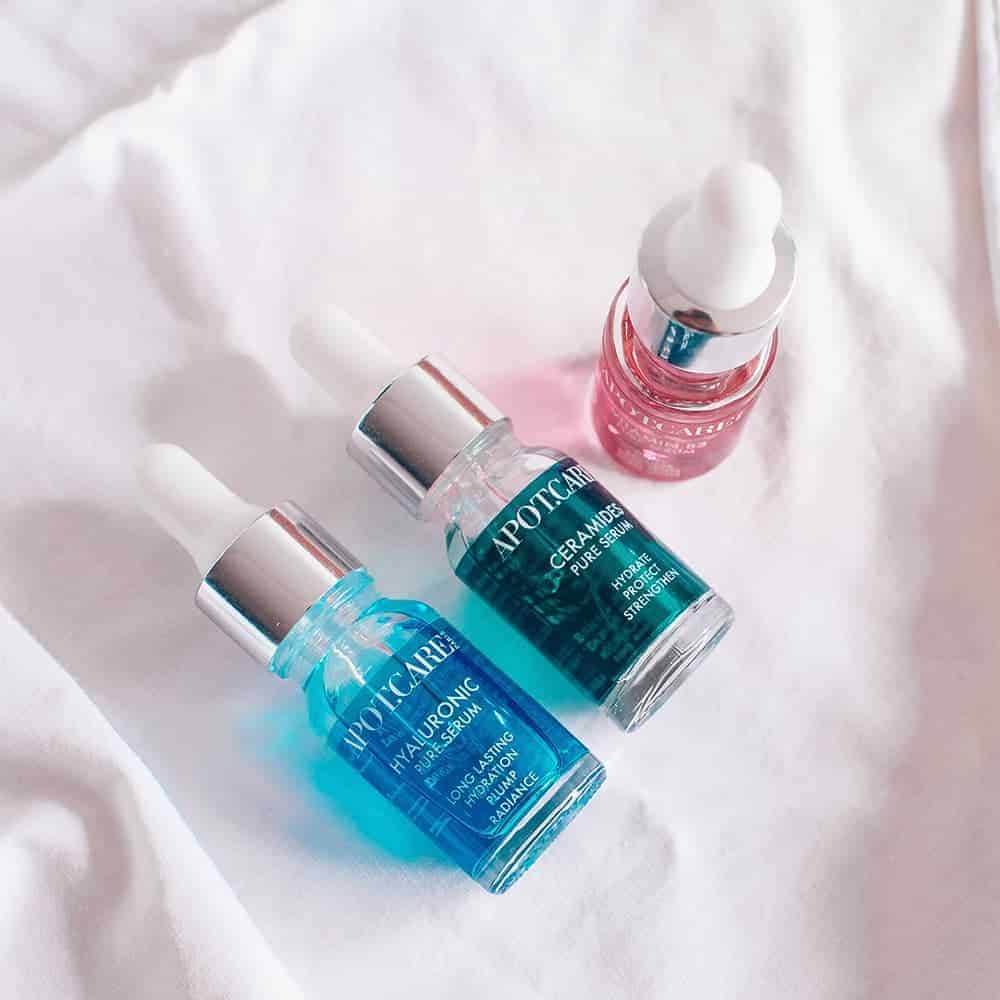
How Facial Cleansers Work: During the cleansing process, the product interacts with the skin’s pH and moisture barrier. Using regular soap disrupts the skin barrier and increases the skin’s pH, leading to dryness and irritation. Facial cleansers, on the other hand, utilize milder ingredients that cleanse without causing irritation or negatively affecting the skin’s pH level.
Types of Facial Cleansers: Various types of facial cleansers cater to different skincare needs. Here are some popular options:
- Cleansing Gel: These cleansers have exfoliating and antiseptic properties, making them effective for acne prevention. However, they may leave the face feeling dry.
- Cleansing Cream: Cream cleansers are gentle and soothing, ideal for dry skin. They often contain moisturizing ingredients like beeswax or botanical oils. However, they can potentially clog pores and cause blackheads.
- Cleansing Foam: Foam cleansers are excellent for removing excess oil, dirt, sunscreen, and heavy makeup. Some foam cleansers may strip essential moisture from the skin.
- Cleansing Oil: Despite the name, oil cleansers do not make the face oily. These gentle cleansers contain plant oils like coconut, cocoa butter, sunflower, or olive oil, effectively removing dirt without causing oiliness.
- Cleansing Clay: Clay cleansers have excellent absorbing properties, effectively removing toxins and dirt while preventing clogged pores. They are particularly suitable for oily skin due to their mineral-rich composition.
Choosing the Right Facial Cleanser: Selecting the ideal facial cleanser depends on your skin type and specific needs. Consider the following ingredients when making a choice:
- Sensitive Skin: Opt for hypoallergenic, paraben-free, and fragrance-free cleansers to avoid skin irritation.
- Dry Skin: Look for cleansers with hydrating ingredients like hyaluronic acid, lactic acid, and natural oils such as jojoba and avocado. Avoid cleansers designed for oily skin, as they may cause dryness and irritation.
- Oily Skin: Choose cleansers with ingredients like salicylic acid, benzoyl peroxide, and glycolic acid to reduce oil and prevent breakouts.
- Mixed Skin: Use facial cleansers with strong degreasing properties to remove excess oil from the T-zone while maintaining hydration in drier areas.
- Normal Skin: Opt for cleansers containing Vitamin C, salicylic acid, retinol, and chemical exfoliants to enhance hydration, promote skin health, and encourage cell regeneration.
Finding the Right OEM

